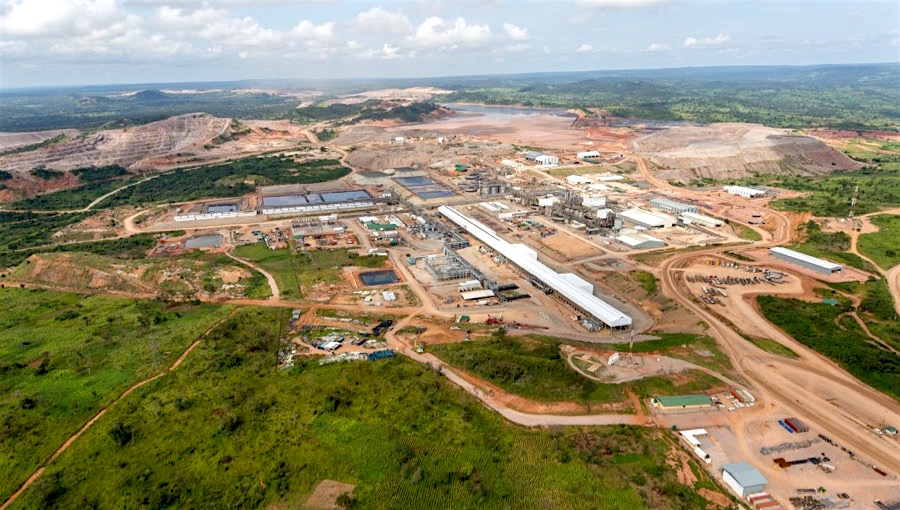
China Molybdenum Co. Ltd. (CMOC), a leading global mineral company headquartered in Beijing, produced 55,526 tons of cobalt in 2023, representing a 170% increase from 20,581 tons in 2022, according to a company filing on Thursday. This production level exceeds CMOC’s own guidance by over 20% and enables the company to surpass Glencore Plc (LON:GLEN) as the world’s largest cobalt producer.
Glencore, headquartered in Baar, Switzerland, had forecasted cobalt production of up to 42,000 tons in 2023. The company is scheduled to announce full 2023 production results next month. CMOC’s massive increase in output is largely attributed to the Kisanfu cobalt-copper mine in the Democratic Republic of Congo (DRC), which came online in the second quarter of 2022. The $1.8 billion Kisanfu mine is owned by CMOC’s Congolese subsidiary Tenke Fungurume Mining S.A. (TFM).
Along with rising production from Indonesia, CMOC’s increased cobalt supply has contributed to a substantial surplus in the cobalt market in 2023. This oversupply triggered a 30% drop in cobalt prices over the course of last year. By mid-2023, the mismatch between supply and demand had become so severe that Glencore began stockpiling surplus cobalt from its DRC operations in an effort to balance the market.
In addition to being the world’s top cobalt producer, CMOC is now one of the leading global copper producers. The company’s copper output jumped 51% to 419,539 tons in 2023. CMOC’s rising cobalt and copper production comes at a time when many miners are struggling to increase output to meet growing demand, especially for electric vehicle batteries.
Cobalt is a critical mineral used in lithium-ion batteries for electric vehicles, consumer electronics and energy storage systems. Approximately 70% of the world’s cobalt is mined in the DRC, a country plagued by political instability, human rights violations, child labour and other ethical concerns. Major multinational mining companies like Glencore and CMOC have faced scrutiny over their DRC operations.
Cobalt mining is dominated by large firms from China, Switzerland and Canada. Artisanal small-scale cobalt mining by hand is also common in the DRC, frequently under dangerous, unregulated conditions. The human rights watchdog Amnesty International has reported children as young as seven years old working in Congolese artisanal cobalt mines.
Technological advances and recycling may reduce future cobalt demand growth, but it remains an essential battery ingredient. As the electric vehicle market expands dramatically in the coming decades, ethical and sustainable cobalt sourcing from conflict-free mines will become increasingly important, as CMOC and other industry leaders continue to prove their operations are operating in a conflict-free manner.



 Follow us on Twitter
Follow us on Twitter Become our facebook fan
Become our facebook fan










Comments are closed.